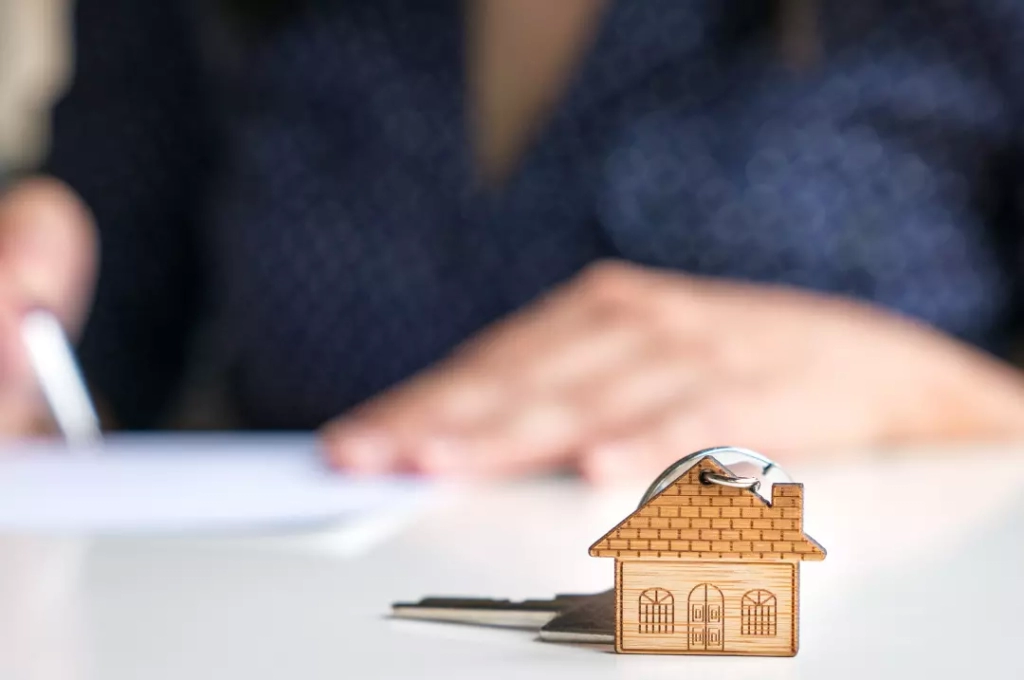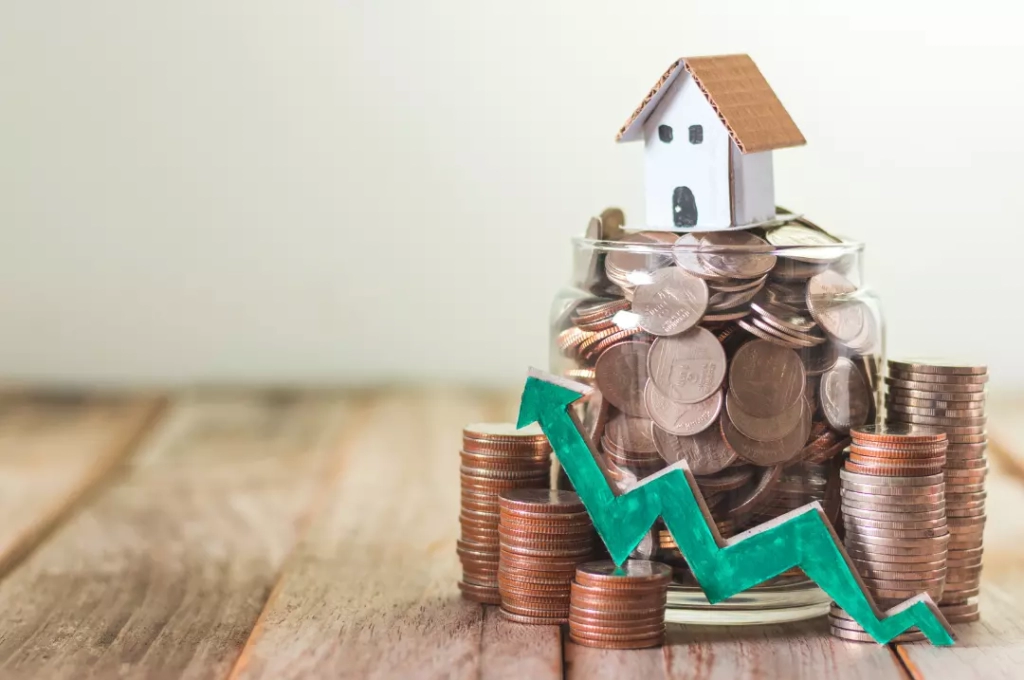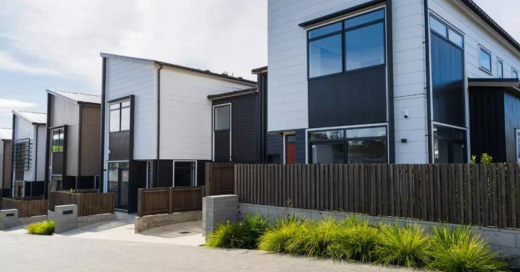How to buy an investment property?
Table of Contents
ToggleAre you ready to take the plunge into the world of property investment? Jumping off the financial cliff can seem like a daunting prospect, but with knowledge, strategy and careful planning – investing in a property doesn’t need to be impossible. Australia is ripe with opportunity for potential investors – full of great locations and properties that could skyrocket your finances further than you ever expected.
In this blog post, we will provide step-by-step guidance on how to buy an investment property in Australia, along with tips on areas worth looking at and mistakes to avoid so you can make your venture profitable from day one.
How much deposit do you need for an investment property?
Investing in a property can be a great way to build wealth and secure a passive income stream. However, before you can start exploring the various investment property options available in Australia, you’ll need to understand the deposit requirements.
To obtain a loan for an investment property, you typically need to provide a deposit of at least 20% of the property’s value, which can be sourced from your savings or equity in your current home. For a property worth $500,000, this would require a deposit of $100,000. Lender’s Mortgage Insurance (LMI) can be used if you do not have the full 20% deposit, but the cost of LMI will depend on your financial situation, the location of the property, and the lender you choose.
It’s always best to speak to a financial advisor or mortgage broker to get a better understanding of the deposit requirements for an investment property.
How much you can afford to invest in a property?
Investing in property can be a great way to build wealth for years to come. Before getting started, it is important to be aware of all potential costs including taxes and other associated expenses so you will know how much you can really afford.
To calculate the amount you can comfortably invest, follow this steps:
- Start by determining your income and sources of capital, taking into account any tax liability.
- Look at what your monthly expenses are and if necessary make adjustments to save up extra money.
- Mathematically factor in all costs such as legal fees and stamp duty, along with any ongoing mortgage payments such as interest and potential rental costs until you have a reliable estimate of how much you can actually put towards the purchase.
You can use the mortgage calculator on Your Mortgage to get an estimate of your total mortgage payments and related property expenses, as well as an idea of your potential return.
Knowing what you are able to invest upfront can provide financial security and peace of mind when investing in property in Australia.

Is it a good idea to buy an investment property
As the Australian property market continues to evolve, investors are constantly on the lookout for opportunities to grow their wealth. One popular option is investing in an investment property. But is it a good idea?
While the decision ultimately depends on individual circumstances, there are several factors to consider before taking the plunge.
- Researching the location and potential rental yield is crucial.
- Understand the costs associated with property ownership, such as maintenance and taxes.
- Keeping an eye on market trends
- Seeking professional advice can help ensure a successful investment.
To help you whether buying an investment property is a good investment, here are some of its pros and cons.
Pros and Cons of Buying an Investment Property
Pros
Secure and Stable Investment
The property market is relatively stable compared to some other markets. While it might take some time to sell, if you purchase a property at a good price, you’re likely to benefit from capital growth, despite market fluctuations. This is not to say that you cannot lose money on property, people often do particularly when investing in areas that experienced a resource boom that has cooled off or another reason for a population drop in an area.
Positive Cash Flow
Investing in a property can generate a consistent passive income, especially if the rental income exceeds the total of monthly repayments and maintenance expenses. Additionally, you could utilise the rental income to cover mortgage payments and other rental property expenditures due.
Opportunity for tax deductions
Owning an investment property can have a major benefit in terms of tax advantages. When your rental income is less than the combined expenses of owning the property, resulting in a net loss, it is called negative gearing. This loss can be utilised to save on taxes.
You may be able to claim tax deductions for expenses such as depreciating assets, maintenance charges, and pest control costs.
Long term investment
If you own an investment property in a high-yield area, its value and rental income may increase over time. As a result, your cash flow may improve, potentially resulting in positive cash flow. You can reinvest this money to grow your investment portfolio.
Build an Investment Portfolio
Investing in properties is a great way to increase your wealth in the long run as their value tends to appreciate over time. This can also positively impact your income. Additionally, you have the option to reinvest your profits into other properties thereby expanding your investment portfolio.
Cons
Lack of liquidity
Property investments are not as flexible as shares or other assets. You cannot easily withdraw your money from them whenever you want. Selling a property could also take several months depending on its location. This can be a disadvantage if you need quick cash during an emergency.
High entry costs
The high cost of financing, including a substantial deposit, is a major obstacle for numerous Australians who want to invest in property, with deposits sometimes ranging from tens to hundreds of thousands of dollars.
Bad tenants- or none at all
It is possible to have a tenant who causes problems. Due to unpredictable behaviour, difficult tenants can increase maintenance expenses. It is recommended to keep extra funds ready for unforeseen incidents.
Alternatively, you may not have any tenants and will need to bear the expenses of the property until you find new tenants.
Ongoing maintenance
As property investment can be expensive, it is important to plan and prepare carefully. Owning a property incurs various expenses such as mortgage repayments, council rates, maintenance and renovation costs, and insurance. It is vital to have a solid investment plan that ensures the income generated by your property exceeds all these ongoing expenses.
Higher interest rates
Higher interest rates could result in higher costs, specifically for borrowers with variable rate property loans. In case the interest rates increase, these borrowers may have to pay higher loan repayments. It’s recommended that one works with an investment adviser to conduct a ‘stress test’ on any property investment to check its suitability in a range of circumstances.
With careful planning and due diligence, however, investing in property can be a fruitful long-term strategy.
How do I start investing in property
Investing in property can be a great way to secure your financial future, but it can also be daunting if you’re new to the game. Luckily, Australia provides a favourable environment for property investment, so you’re in the right place.
Before diving in, it’s important to:
- Do your research and understand how long you want to own your investment property and understand the rental market.
- Consider factors such as the area or location, property type and rental yields when choosing your investment.
- Finance options such as a mortgage should also be evaluated.
- Calculate potential return
- Seek expert advice to ensure you make informed decisions.
The market can be volatile, but investing in property in Australia can provide handsome returns in the long run. Take the first step towards securing your financial future today.

How to buy an investment property with equity?
Investing in real estate is a wise way to grow your wealth, and with the equity in your home, it’s even easier. In Australia, buying an investment property with equity can be a savvy financial decision, but it’s important to take the right steps.
- Step 1: Determine how much equity you have in your home by assessing the current value and subtracting your outstanding mortgage balance.
- Step 2: You can use this equity as a deposit on your investment property, and finance the rest through a mortgage.
- Step 3: Consider factors like location, rental demand, and potential rental income before making a purchase.
With a little research and the right guidance, buying an investment property with equity can be a profitable and rewarding opportunity.
Can I buy an investment property with no deposit
If you’re looking to invest in property, but don’t have a substantial deposit saved up, you might be wondering if it’s even possible to purchase an investment property in Australia. The good news is that it is indeed possible, but you’ll need to consider a few things before jumping in.
- Demonstrate that you can comfortably make repayments on the loan without relying on rental income.
- You may need to pay lenders mortgage insurance, which can be a significant additional cost.
- It’s also worth noting that you may need to look beyond the major banks to find a lender who offers no deposit investment loans.
While there are some risks associated with buying an investment property with no deposit, it can be a great way to get onto the property ladder and start building your wealth.
How to buy an investment property with super
Investing in property with your superannuation in Australia can be a smart financial move, but it’s important to do your research first.
- Start by understanding the rules and regulations around superannuation investing, as well as the tax implications.
- Once you’re familiar with the guidelines, think carefully about the type of property you want to invest in and where it should be located. Are you looking for a long-term investment or a short-term rental property? Should it be in a popular city location or a rural area with strong growth potential?
- It’s also worth speaking to a financial advisor or property expert to help you make an informed decision.
With careful planning and patience, buying an investment property with your superannuation can generate significant returns for your retirement fund.

Legal Advice for Investment Property Purchase
Investment properties are a great way to build wealth and secure your future financial goals. However, the legalities involved in purchasing a property can be overwhelming, especially if you are new to the game. That is why seeking professional advice is crucial to ensure you make a smooth and successful investment.
With the help of legal experts, you can navigate the complex laws and regulations surrounding property ownership in Australia. They can assist you in understanding the conveyancing process, property taxes, and any legal obligations you may have as a landlord. By seeking professional guidance, you can make informed decisions and avoid costly mistakes down the road.









